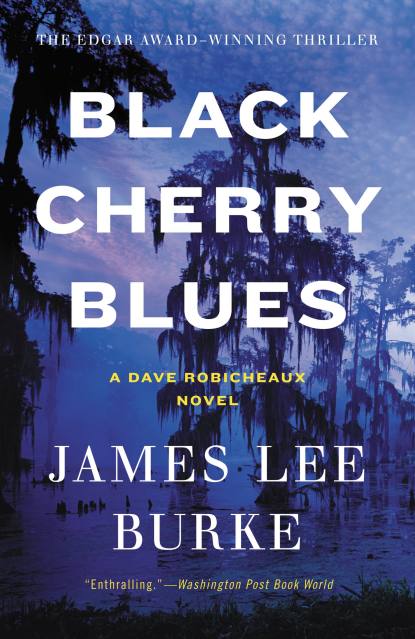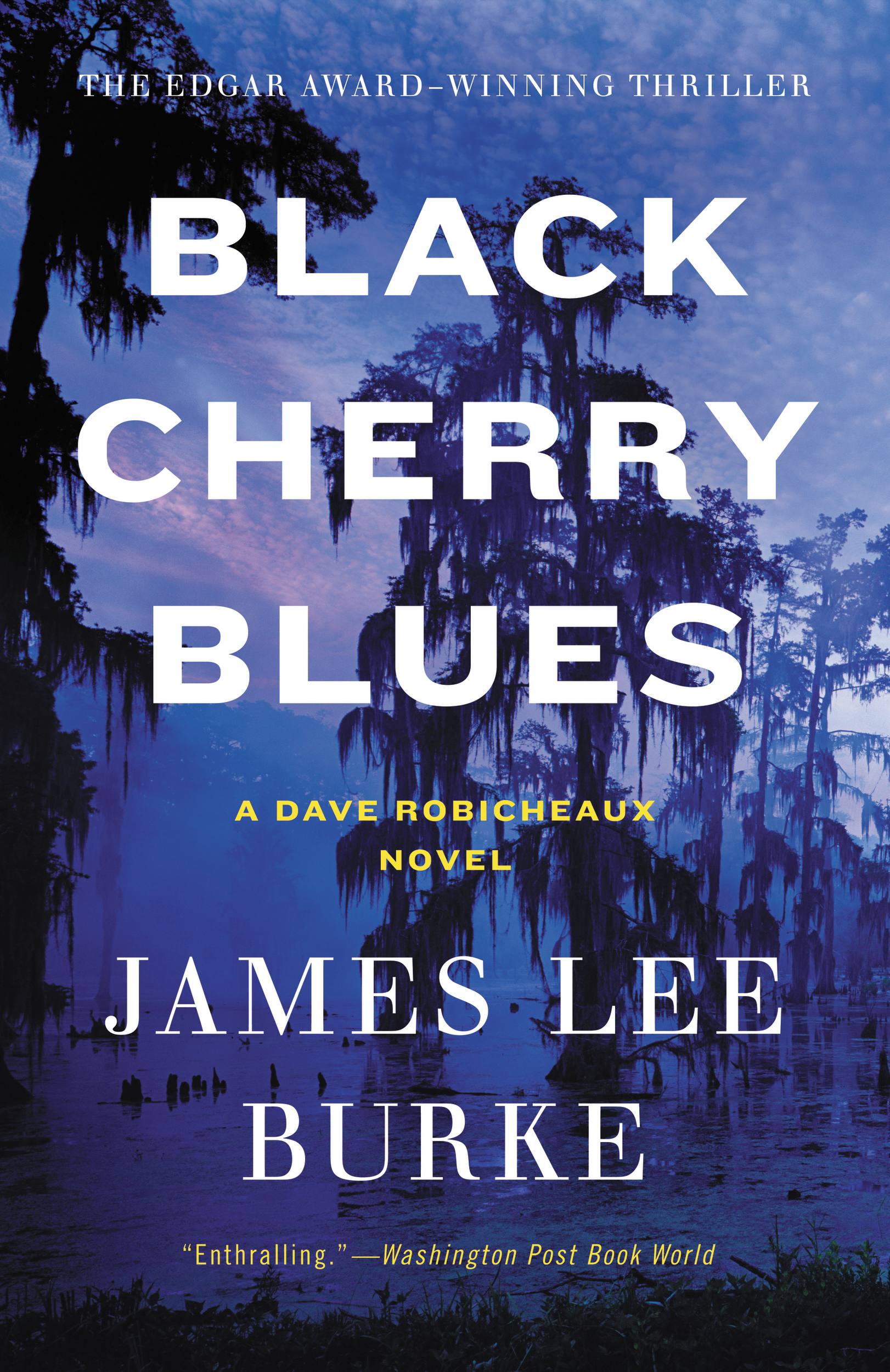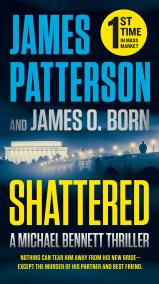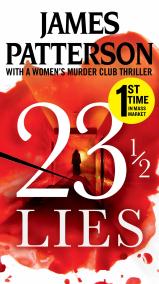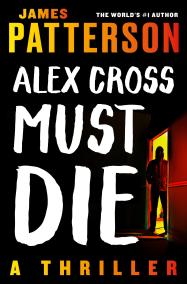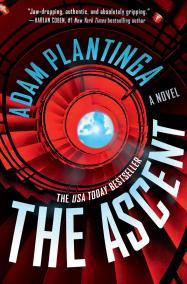Promotion
Sign up for our newsletters save 20% off your next purchase. Shop now.
Black Cherry Blues
A Novel
Contributors
Formats and Prices
Price
$9.99Price
$12.99 CADFormat
Format:
ebook (Digital original) $9.99 $12.99 CADThis item is a preorder. Your payment method will be charged immediately, and the product is expected to ship on or around December 15, 2011. This date is subject to change due to shipping delays beyond our control.
Also available from:
In this Edgar Award-winning thriller, former Louisiana homicide cop Dave Robicheaux is trying to start a new life after the murder of his wife — but he can't escape his past forever.
Compared to Louisiana, Robicheaux thought Montana would be safe — until two Native American activists suddenly go missing. When Robicheaux begins investigating, he is led into the dark world of the Mafia and oil companies. At the same time, someone from his past comes back to haunt him. Someone who was responsible for Robicheaux's flight from New Orleans — someone who brutally murdered his wife — and now is after young Alafair…
Winner of the Edgar Award for Best Novel, Black Cherry Blues spans from the mystical streets of New Orleans to the endless mountains of Montana, and ranks among James Lee Burke's finest work — an enduring classic, darkly beautiful and thrilling.
Genre:
-
"Remarkable ... The plot crackles with suspense ... Not to be missed!"Los Angeles Times Book Review
-
"Stunning ... Takes detective fiction into new imaginative realms ... Burke's fictional terrain is uniquely his own ... He writes from the heart and the gut."Houston Chronicle
-
"A fine book, tough and vital .. A first-rate piece of storytelling."Cleaveland Plain Dealer
-
"Full of low-lifes and rich crooks, sadism and corruption ... Burke shows that 'serious' literary craftmanship if compatible with the hard-boiled genre; he even gives the genre a superior story."Chicago Tribune
-
"Wonderful writing ... Don't miss this book. It's one of the year's best."Detroit Free Press
- On Sale
- Dec 15, 2011
- Page Count
- 290 pages
- Publisher
- Mulholland Books
- ISBN-13
- 9780316204095
By clicking 'Sign Up,' I acknowledge that I have read and agree to Hachette Book Group’s Privacy Policy and Terms of Use
